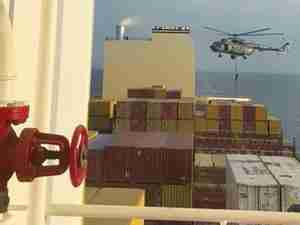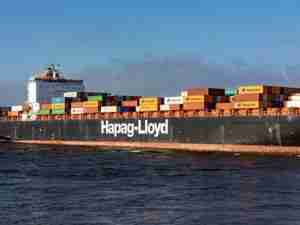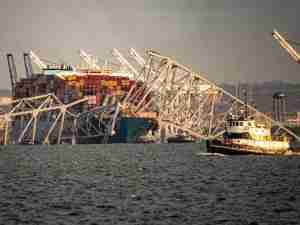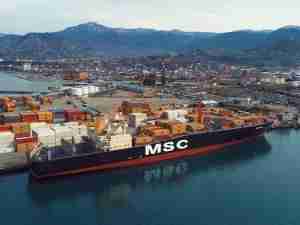Container shipping lines returning to Iran tread cautiously
By: Reuters | Jan 07 2016 at 10:46 AM | Liner Shipping
LONDON - The world’s second biggest container shipping line, MSC, has become the latest firm to resume direct services to Iran, although trade remains cautious as Western sanctions are still in place and regional tensions escalate.
The deal reached over Tehran’s nuclear programme in exchange for sanctions relief is expected to come into effect at some point this year pending the Islamic Republic meeting its obligations.
Iran had depended on foreign ships for much of its imports, but has relied more on land routes and its own commercial fleet, particularly since 2012, as layers of sanctions led to an exodus of Western shipping firms, leading to supply disruptions.
Following the nuclear agreement last year between Tehran and world powers, foreign container lines have started to trade with Iran, although companies fear they may still fall foul of sanctions, which include restrictions on banking.
Privately owned Swiss-based MSC said its first ship arrived at Iran’s major container port Bandar Abbas on Dec. 31 as part of weekly calls, “paving the way” for deeper business ties.
MSC had suspended services between 2012 to April 2014 and after that only provided shipments using smaller feeder ships via third parties that shipped containers to Iran from Jebel Ali in the United Arab Emirates.
In August last year the world’s number three line, France’s CMA CGM, and number four, Evergreen of Taiwan, were the first to resume direct services to Iran.
German container line Hapag Lloyd said it resumed cargo business with Iran in late November only via feeder ships from Jebel Ali.
“It is necessary for shippers to sign a letter of indemnity confirming that their business does not violate any still existing and relevant embargo regulations or sanctions,” a Hapag Lloyd spokesman said.
Fellow German line Hamburg Sud said it provided services via a third party agent and awaited clarity on sanctions before a “possible direct call”.
The world’s top line Maersk said the company, together with parent A.P. Moller-Maersk, had met with Iranian officials to discuss possible projects with nothing agreed, adding that any decision on “engagement” in Iran would have to await the repeal of sanctions.
BMI Research, part of ratings agency Fitch, forecast container throughput at Bandar Abbas would expand by 6.3 percent year-on-year in 2016 versus 6.5 percent in 2015 and a 29 percent contraction in 2012 should the nuclear agreement hold and sanctions be lifted.
“We caution against excessive optimism. Even with the gradual relaxation of sanctions ... we believe that firms will remain cautious,” said BMI’s Daniel Richards.
Companies are also contending with other risks. Saudi Arabia severed ties with Iran on Sunday, further straining relations with its arch rival.
“Geopolitical tensions between nations are a reality that global shipping companies manage as part of their business operations,” an MSC spokeswoman said. “Like all other carriers we are keeping a close watch on how the situation evolves.”











